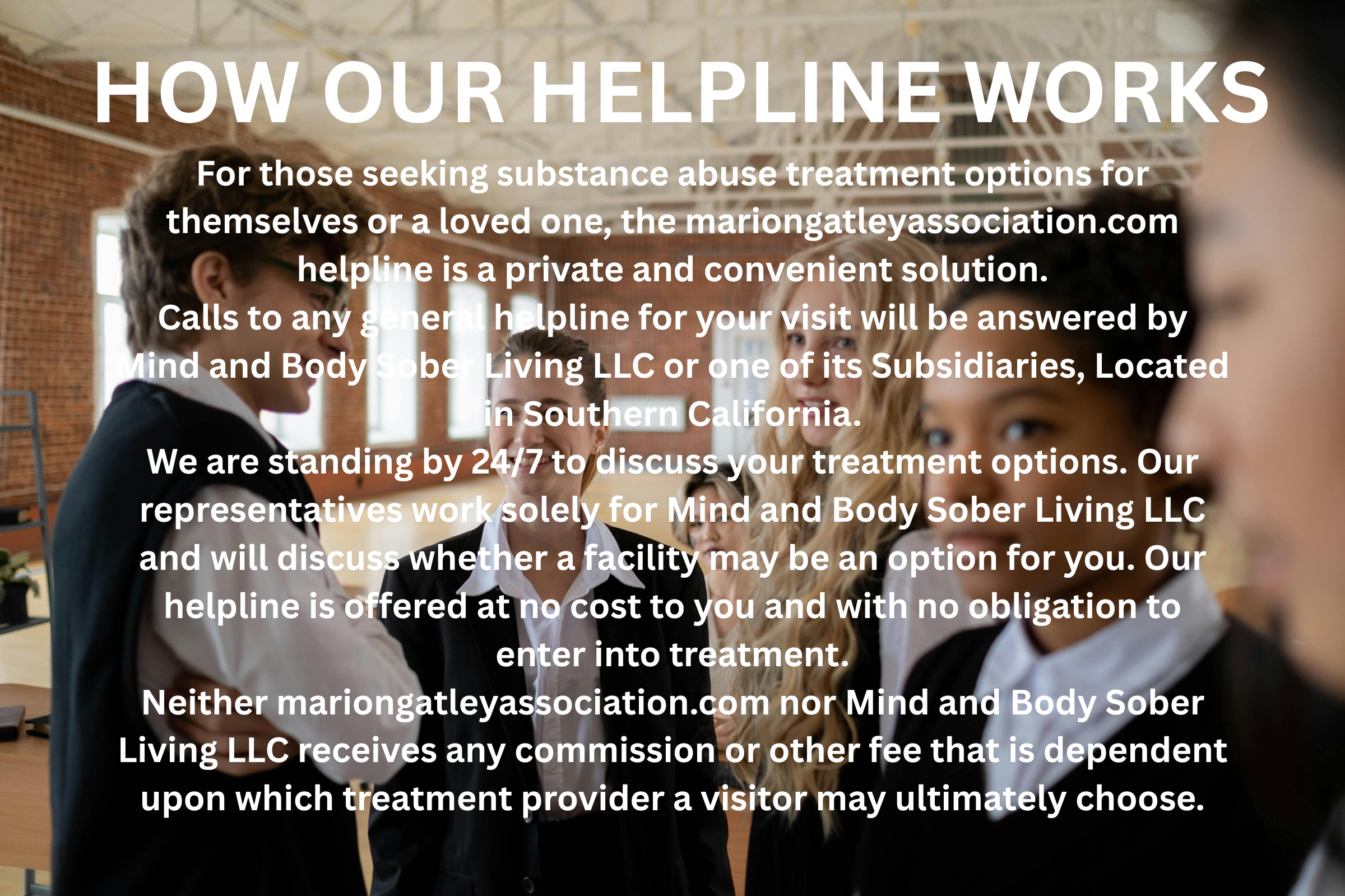Addiction is often marked by solipsism, or an intense self-focus that doesn’t leave room for family or friends. When a drug claims precedence over everything else in an addict’s life, they will do anything to find their next fix, consumed by their addiction. Sooner or later, it’s not about seeking a high anymore; it’s simply about delaying the pain of withdrawal or the living of life without the numbing effects of their drug. In this maelstrom of self-centeredness, people addicted to drugs hurt their families and friends deeply. Getting treatment at an addiction treatment facility can begin the healing process and help people to adopt more altruistic characteristics.
The families and friends of active addicts know that addiction leads to self-centeredness with little consideration for the needs or feelings of others. Active addicts manipulate, lie, steal, and shout, fueled by the insidious addiction driving them to keep using, and can’t get outside of their own heads to understand how others are feeling. Now, new research backs this premise, by showing that teenagers who have an addiction exhibit a low regard for other people.
The study, published in the Journal of Child and Adolescent Substance Abuse, involved 585 participants enrolled in local high schools or addiction recovery centers. Researchers asked the students about their habits and found that addiction and regard for others were linked: The worse a person’s addiction, the lower their regard for others. Regard for others was quantified by having unprotected sex (even when they were aware of having an STD) and driving under the influence of drugs or alcohol. The teens who had the worst addictions were more likely to drive drunk or drugged and engage in unsafe sex, and were less likely to volunteer. These qualities showcase how the addicted teens were incapable of thinking of others, and behaved with a self-centered attitude.
This study has two main takeaways for the future of treatment at addiction recovery programs. First, it reinforces the idea that volunteering can be an incredible way to strengthen those in recovery and help them maintain sobriety. Adults in recovery from addiction who volunteer cut their risk of relapse and arrest in half. Second, the research proves that people who are addicted to drugs have an impaired awareness of the people around them, and don’t always understand how their behaviors affect others. Drug rehab treatment, then, should focus not only on sobriety and dealing with cravings, but with helping clients to increase empathy and emotional intelligence in order to better connect with others.
If you or someone you love is addicted to drugs or alcohol, please email or call our caring representatives, and we’ll connect you with a luxury drug rehab program. Our compassionate and qualified staff treat dual diagnosis and supervise a safe detoxification process. Clients attend individual and group meetings and leave treatment with the tools they need to address cravings, fight triggers, and maintain sobriety long-term. Please contact Intervention Drug Rehab Association oday to begin laying a solid foundation of lifelong peace, wellness, and health.



